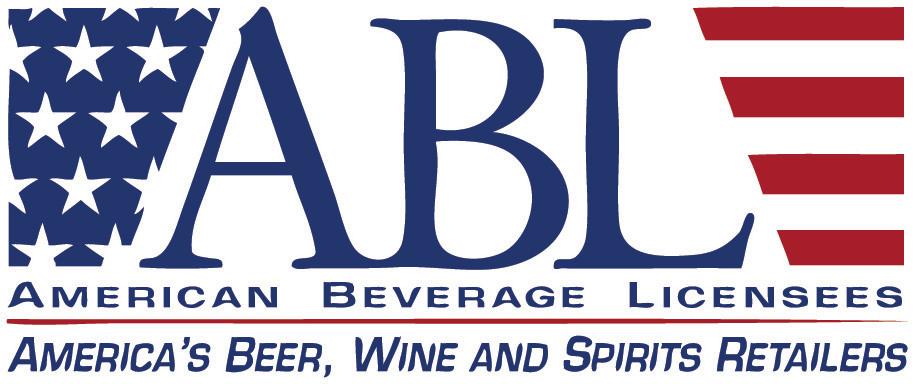
3 minute read
By the Book
WAGE AND HOUR AUDITS: IS YOUR TIP CREDIT NOTICE LEGALLY COMPLIANT?
BY JORDAN ROHLFING
Employers in the hospitality industry often hire workers who receive tips as part of their jobs. The Federal Labor Standards Act (FLSA) and Wisconsin law allow employers to credit some portion of the tips received by employees toward the employer’s minimum wage obligations, commonly referred to as a “tip credit.”
This article discusses one of the threshold requirements for taking a tip credit — the tip credit notice. As employers in the hospitality industry internally audit their wage and hour practices, the low-hanging fruit is the tip credit notice.
The Tip Credit Under the FLSA
The FLSA requires employers to pay employees at least the federal minimum wage of $7.25 per hour [29 U.S. Code § 206(a)(1)]. The FLSA also allows an employer who meets certain requirements to count some of the tips that its tipped employees receive as a credit to its minimum wage obligations (i.e., the tip credit) [29 U.S. Code § 203(m)(2)(A)]. Employers are only permitted to take a tip credit for employees who “customarily and regularly receive more than $30 per month in tips” [29 U.S. Code § 203(t)].
Employers who meet the required conditions can take up to $5.12 per hour (i.e., the minimum wage of $7.25 per hour minus the minimum required cash wage of $2.13 per hour) as a tip credit. For Wisconsin employers, the maximum tip credit under Wisconsin law is limited to $4.92 [Wisconsin Administrative Code § DWD 272.03(2)(b)(1)].
Tip Credit Notice Requirement
The employer must provide the following information to a tipped employee before using the tip credit under the FLSA: • The amount of the cash wage to be paid to the tipped employee by the employer (which should be a minimum of $2.13 per hour or $2.33 per hour for Wisconsin employees).
• The amount the employer will be claiming as the tip credit (which may not exceed $5.12 per hour or $4.92 for
Wisconsin employees).
• That all tips received by the tipped employee must be retained by the employee except for a tip-pooling arrangement limited to employees who customarily and regularly receive tips.
The tip credit shall not apply unless the employee has been informed of the above requirements [29 Code of Federal Regulations § 531.59(b)]. In order for an employer to claim the maximum tip credit, i.e., $5.12 per hour or $4.92 for Wisconsin employees, the employer must be able to show that the employee received at least that amount in tips.
Tip Credit Notice Best Practices
Notice must be given at the outset of employment and maintained in an employee’s personnel file. Although the Department of Labor allows employers to provide the tip credit notice orally or in writing, a written notice in a document signed by the employee is strongly recommended. This way, if an employee ever claims no notice was provided, the employer has a written document that it can use to demonstrate that the notice was given.
Employers who fail to provide the tip credit notice prior to taking the tip credit can be on the hook for significant damages. Furthermore, an employer who fails to provide the required information cannot claim the tip credit and will be required to reimburse backpay to tipped employees to ensure that they are paid at least $7.25 per hour in wages, irrespective of the tips they actually received. Liability can go back two or three years depending on whether the employer willfully violated the FLSA. The FLSA also provides for double damages, and attorneys’ fees and costs.
Due to the harsh penalties facing employers, make sure that the tip credit notice is part of your internal audit and legally compliant. TLW
Jordan Rohlfing is a senior associate at DeWitt LLP. She is an active member of the firm’s litigation, labor and employment relations, and background screening practice groups.





